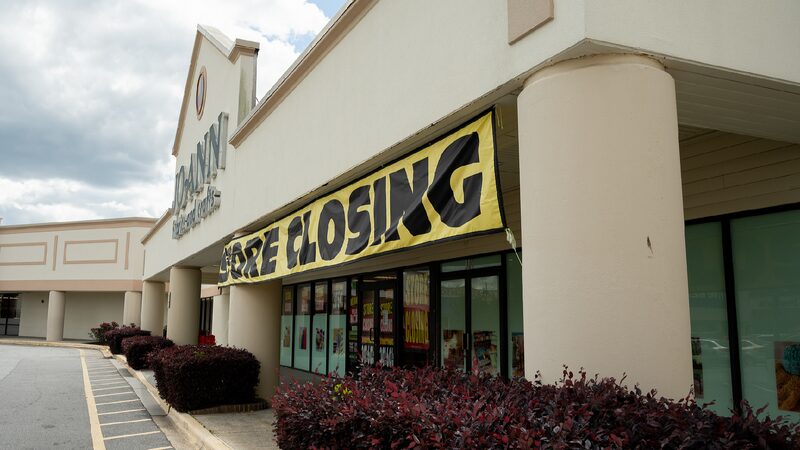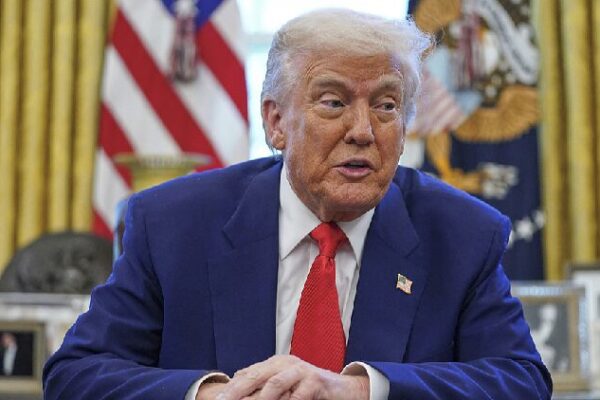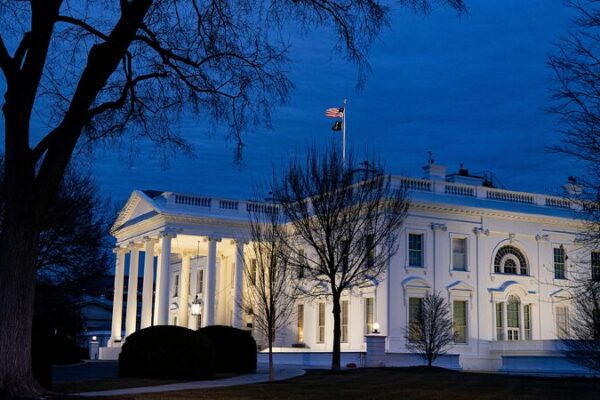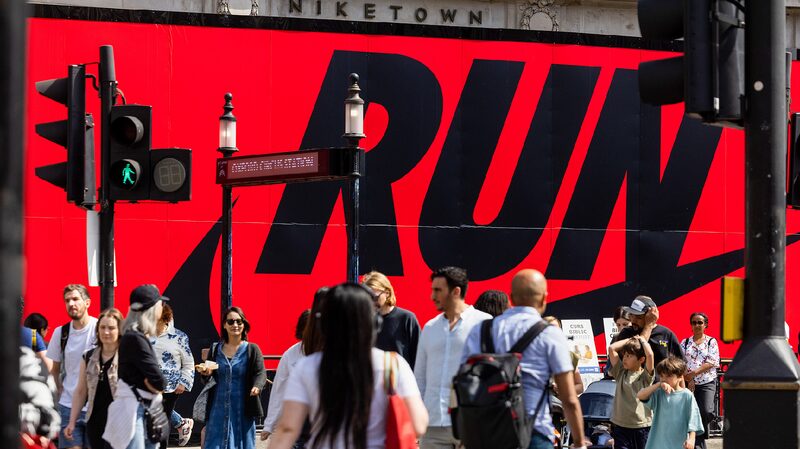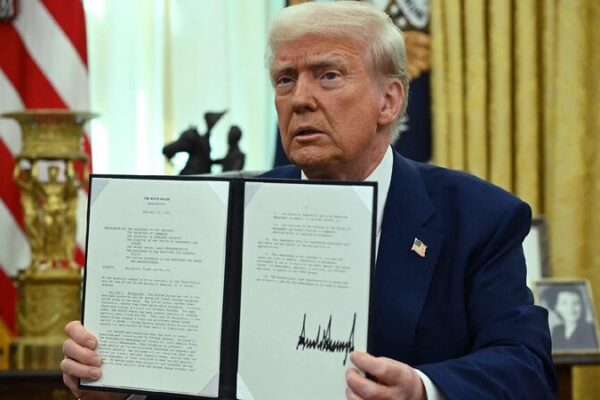Recession fears are mounting in the United States as economists sound the alarm over aggressive tariff policies that may be hurting the very people they’re meant to protect.
As the US continues to enforce heavy tariffs, leading economists and think tanks warn that these measures could be pushing the country closer to a recession, imposing significant costs on American households.
A recent study by the Budget Lab at Yale University reveals that current US tariff policies are expected to cost the average American household $4,900 annually. The report, published on April 15, projects that by 2025, the cumulative impact of all imposed tariffs will reduce real GDP growth by 1.1 percentage points. This could lead to a long-term economic contraction of 0.6 percent—equivalent to a staggering $180 billion loss in national output.
The job market isn’t immune to these effects. The Yale report predicts that by the end of 2025, the US unemployment rate will rise by 0.6 percent, resulting in the loss of over 770,000 jobs.
Adding to the concern, the Peterson Institute for International Economics (PIIE) released an analysis estimating that US economic growth could flatline in 2025, with a 40 percent chance of recession within the next year. The report warns that GDP growth could slow to just 0.1 percent, while inflation remains high. The Personal Consumption Expenditures (PCE) price index is forecasted to rise to 4.0 percent.
Karen Dynan, a senior fellow at PIIE and professor at Harvard University, cautioned that the US economy faces significant risks. “The US economy will slow sharply this year, as new tariffs and other American policy shifts dampen activity and fuel high global uncertainty,” she wrote.
Even Federal Reserve Chair Jerome Powell has acknowledged the dangers. “The level of the tariff increases announced so far is significantly larger than anticipated. The same is likely to be true of the economic effects, which will include higher inflation and slower growth,” he stated. In a speech on Wednesday, he noted that both survey data and market indicators show a noticeable rise in short-term inflation expectations, with many pointing directly to tariff policies.
Former US Treasury Secretary Janet Yellen also weighed in with a stark reminder: “No one knows where these policies are headed. What firm, under these circumstances, with this level of uncertainty, is going to undertake long-term investment?” Yellen emphasized that a decline in both investment and consumer spending could trigger a recession.
As uncertainty grows, many are questioning whether the intended benefits of the tariff policies outweigh the mounting economic risks. With households potentially facing higher costs and job losses, the prospect of a recession looms larger on the horizon.
Reference(s):
cgtn.com
